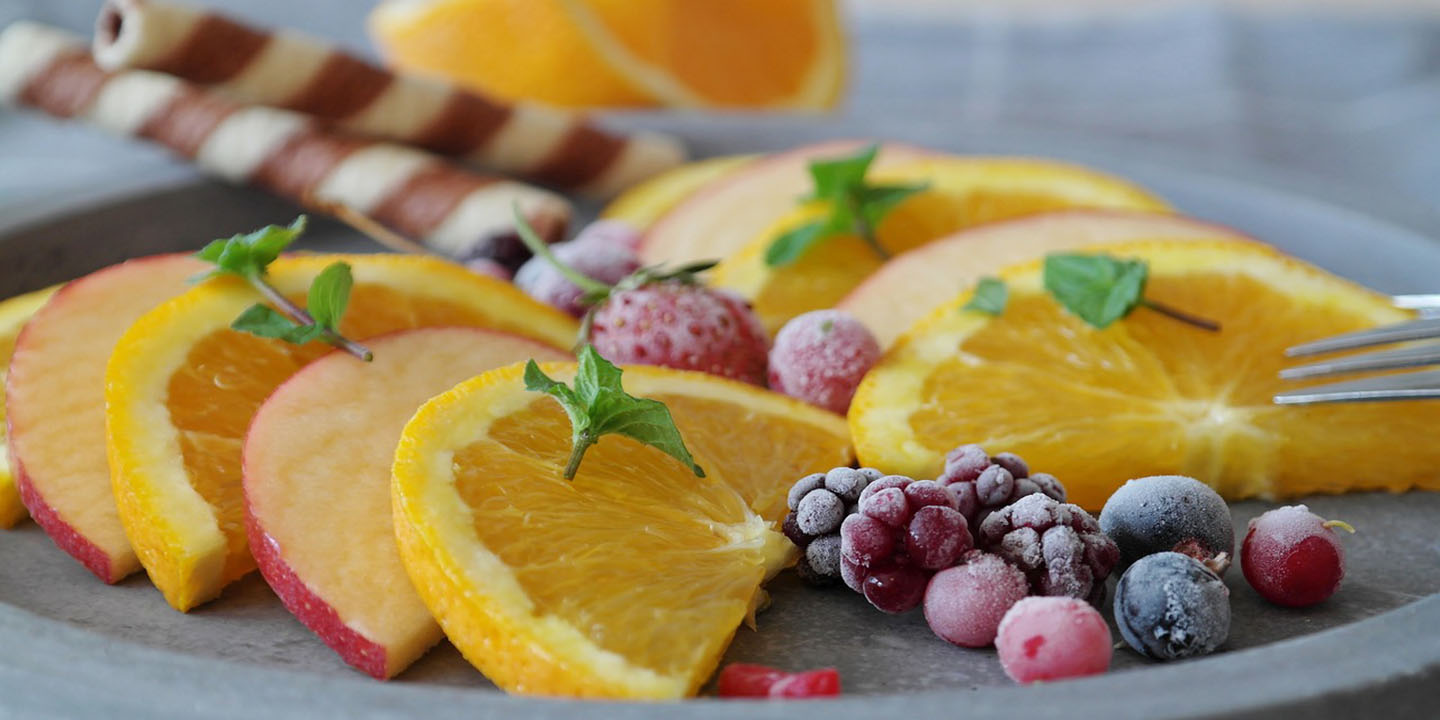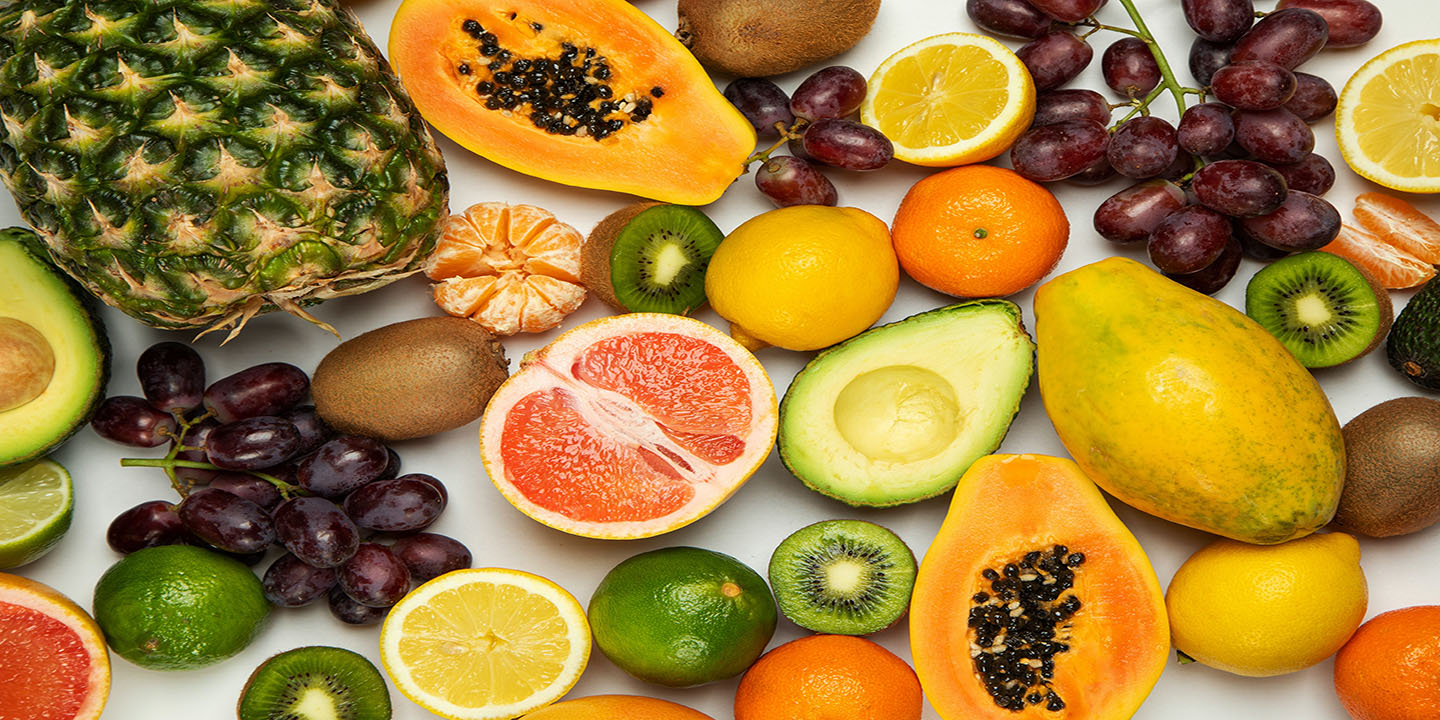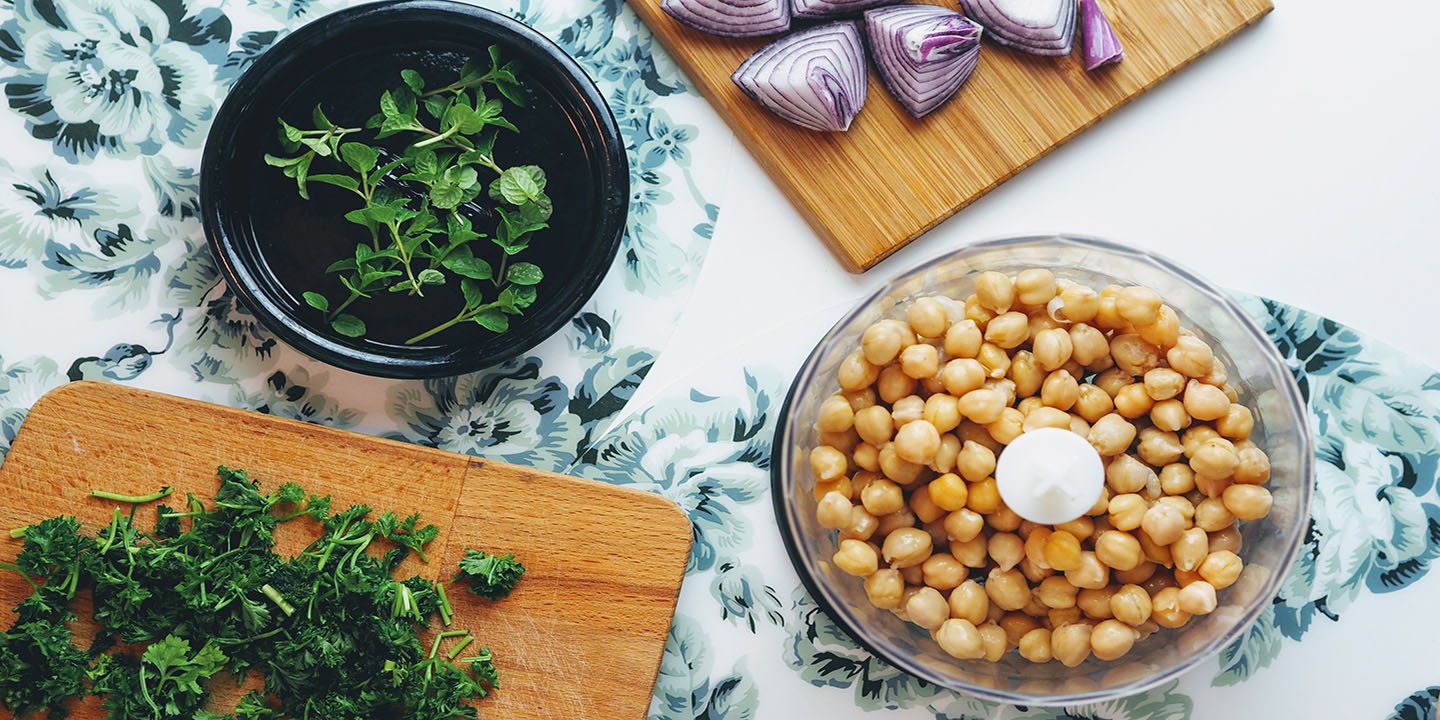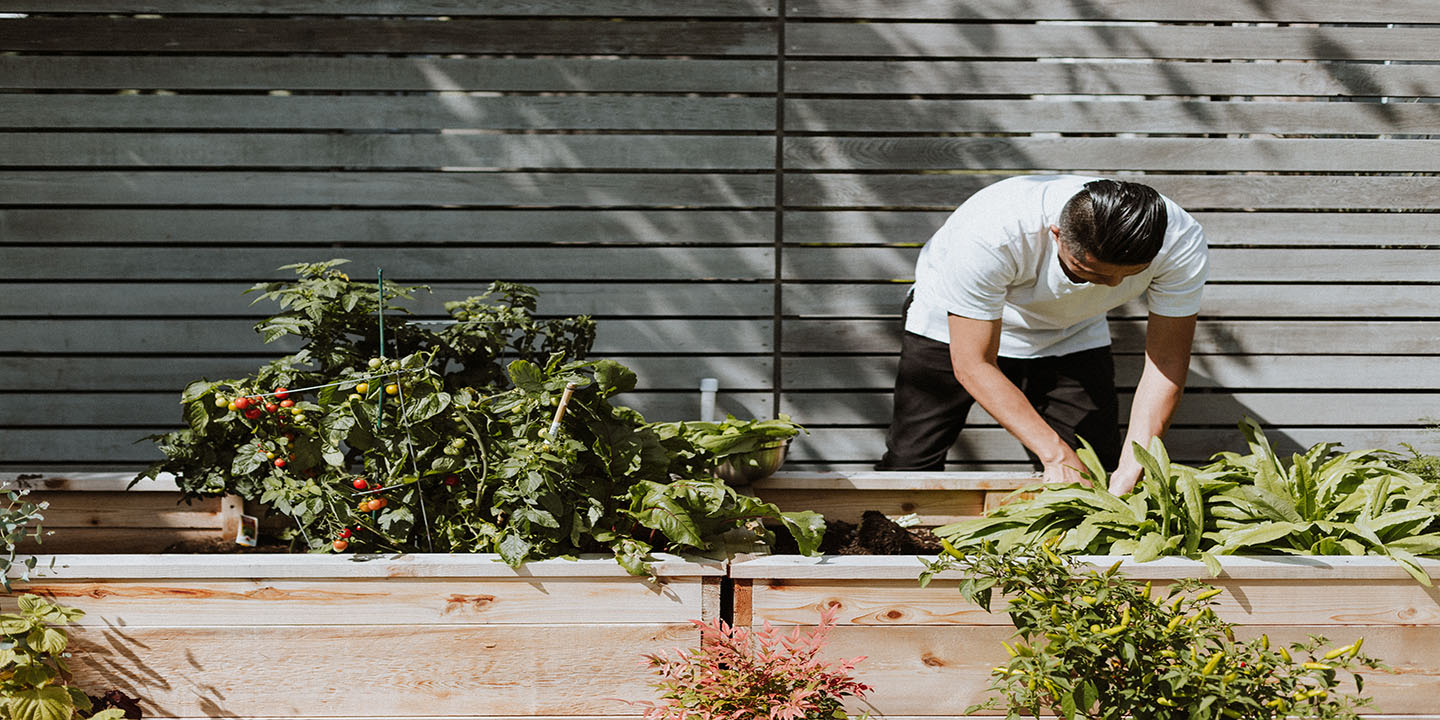10 Signs You Have A Potassium Deficiency & 10 Foods That Help Boost It
Don’t Monkey Around––Eat Your Bananas
Potassium is an all-mighty mineral essential for the human body to function. Parts of our bodies may experience some unpleasant symptoms without it, but luckily, many foods can prevent or reverse a deficiency. Look out for these signs––your body may be warning you that you’re running on low.
1. Muscle Weakness & Cramps
Whether you’re competing in a triathlon or watching a TV show marathon, muscle cramps are your enemy. Athletes and couch potatoes alike may experience muscle spasms and cramping if their potassium levels are low. Consider getting a check-up if any muscles in your body feel weak or cramp up often.
2. Fatigue
Feeling tired often? Your body may be telling you it needs more potassium. Consider getting tested to find out if you need more of this mineral in your diet before you hit the pillow.
3. Irregular Heartbeat
Experiencing heart palpitations is a serious symptom and should be examined by a health professional as soon as possible. Arrhythmia is an abnormal heart rhythm and can result from potassium deficiency in some cases.
4. Digestive Problems
Feeling backed up? Constipation is sometimes a sign you’re not getting enough potassium. This mineral is key to preventing a long time spent on the porcelain throne.
5. Muscle Aches & Stiffness
Our muscles rely a lot on potassium to function properly. You may need to pump up your intake if you’re experiencing aches and stiffness on a regular basis.
6. Numbness & Tingling
If numbness and tingling get on your nerves, you may have a potassium deficiency. All the nerves throughout our bodies need potassium to thrive in functionality. Feeding our neurons with potassium helps them transmit signals effectively.
7. High Blood Pressure
It’s dangerous to your health if your blood pressure peaks and a lack of potassium could be the trigger. Studies show that potassium regulates blood pressure by curbing the harmful effects of sodium. By not getting enough, your pressure can drop and lead to larger health issues down the road.
8. Increased Urination
If you have to pee every hour, that may be a sign of potassium deficiency. Frequent urination has been linked to a struggle with our kidneys, and potassium is key to helping them function.
9. Excessive Thirst
Can’t quench your thirst? This might explain your frequent visits to the bathroom as well. Low potassium can cause you to become dehydrated because it plays a critical role in keeping the fluid of your kidneys balanced.
10. Lightheadedness
Lightheadedness is another possible sign you’re potassium deficient. Feeling faint is already unpleasant enough, but it can also lead to serious injury if you fall over––especially if you’re alone.
With the concerns of deficiency fresh in our minds, let’s take a closer look at potassium-dense foods to munch on more often.
1. Bananas
This self-wrapped snack is well-known for its potassium with about 360 mg per serving. It’s a versatile fruit loaded with nutritional benefits including dietary fiber, vitamins, and antioxidants.
2. Potatoes
Potatoes are a staple side dish in many households. Not only are they delicious, they’re also packed with nutrients. If you’re really looking to increase your intake, bake your potatoes with the skin on as that’s where the majority of its potassium is.
3. Orange Juice
Orange juice isn’t just chock-full of vitamin C. If you need to step up your potassium, this breakfast beverage truly packs a punch with 165 mg per serving––more than eating an orange whole.
4. Beans & Legumes
Beans and legumes fill the plates of worldwide cuisines—and they’re full of this essential mineral. A portion of canned lentils, black beans, or kidney beans contains about 250 mg of potassium per serving.
5. Spinach
Leafy greens like spinach can be eaten raw, in salads or smoothies, or cooked into your favorite dishes like pasta or soup. It’s considered a superfood for its vitamins and high calcium content and with just one cooked cup, it contains more potassium than a banana.
6. Yogurt
Many yogurts are as rich in probiotics as they are in potassium. You can up your intake even further with some sliced bananas or apricots.
7. Nuts & Seeds
Amongst many other nutrients like protein and fiber, nuts and seeds are loaded with potassium. You can sprinkle them on salads or yogurt, though they’re best eaten raw for the most health benefits.
8. Avocados
Whether it’s guacamole or on top of toast, an avocado is a potassium-packed superfood. It’s a nutrient-rich fruit that delivers healthy fats, low cholesterol, and anti-inflammatory properties, to name a few.
9. Squash & Pumpkins
From butternuts to acorns, there is a squash to please us all. Pumpkins and squash are the potassium leaders at the Thanksgiving table with as much of the mineral as beans. They fill us with other essential minerals like magnesium and calcium as well.
10. Portobello Mushrooms
Of course it has potassium––what can’t a mushroom do? As a surprise to many people, one serving has as much potassium as a banana and it also offers us iron and protein. As an alternative burger patty or favored risotto dish, a portobello never disappoints.
KEEP ON READING

The Most Popular Signature Dishes Around the World



























